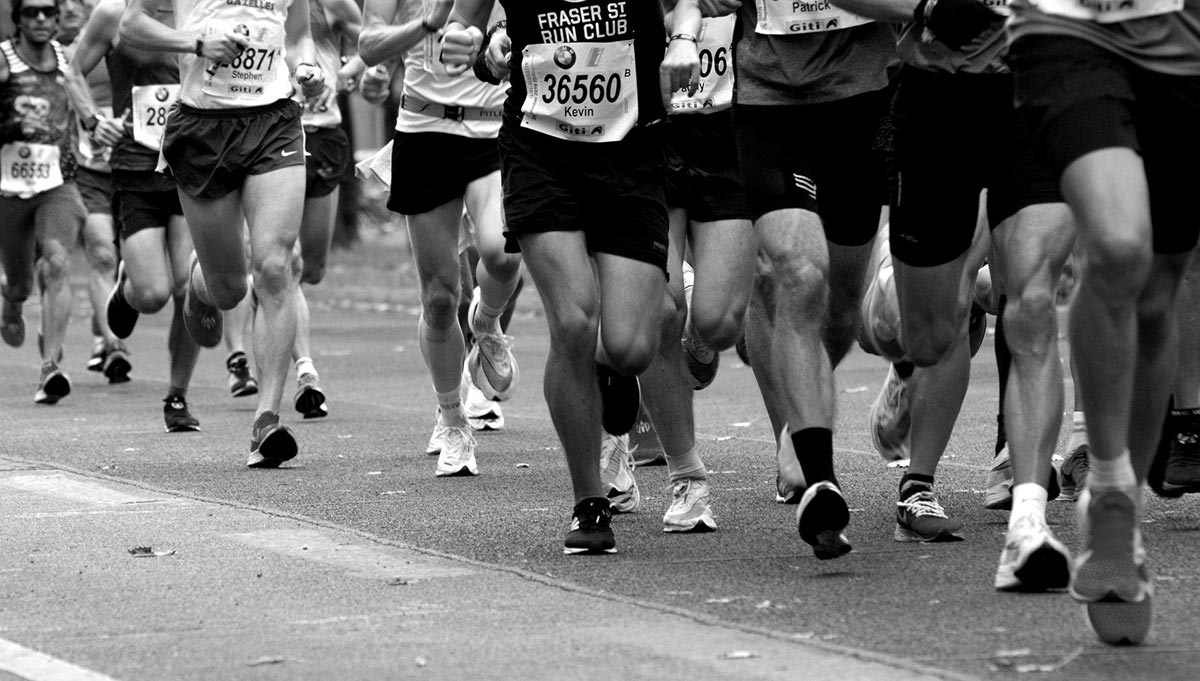Marathon training is an intense process that requires not only physical endurance but also a deep understanding of hydration, nutrition, and recovery. Over the last few months, I have had the opportunity to coach a group of dedicated runners awaiting and preparing for a marathon. Alongside regular training, expert-led sessions on strength training, yoga, mental preparation, and race nutrition played a crucial role in optimizing their performance. One of the most overlooked yet essential aspects of endurance running is hydration, which can significantly impact both training quality and race-day performance.
The Importance of Hydration in Marathon Training
Proper hydration is a critical factor for marathon success. A well-hydrated body maintains optimal muscle function, prevents early fatigue, and supports thermoregulation. The body loses fluids through sweat, and without adequate replenishment, dehydration can set in, leading to reduced endurance, dizziness, and even heat-related illnesses. Research suggests that even mild dehydration of 2% of body weight can impair performance by reducing aerobic capacity and increasing perceived exertion.
Hydration should not be an afterthought but rather an ongoing process that begins days before the event. Runners should monitor their urine color as a simple hydration check—light yellow indicates proper hydration, while dark yellow suggests the need for increased fluid intake. For endurance athletes, especially those running marathons, it is recommended to drink fluids consistently throughout the day and not just immediately before a workout.
Finding the Right Hydration Balance
One of the biggest challenges for runners is striking the right balance between underhydration and overhydration. While dehydration is well-known for its detrimental effects, drinking excessive amounts of water without adequate electrolyte intake can lead to a condition known as hyponatremia. This occurs when sodium levels in the blood become dangerously low, causing nausea, confusion, and in extreme cases, life-threatening complications. A study conducted at the Boston Marathon found that nearly 13% of finishers exhibited some degree of hyponatremia, highlighting the importance of balanced fluid intake.
Experts now recommend that marathon runners drink according to thirst rather than following a rigid drinking schedule. This approach helps prevent both dehydration and overhydration, ensuring that electrolyte levels remain stable throughout the race.
Electrolytes: The Key to Sustained Performance
Hydration is not just about water; electrolytes play a crucial role in muscle function, nerve transmission, and fluid balance. Sodium, potassium, calcium, and magnesium are the primary electrolytes lost through sweat. Without proper replenishment, runners may experience muscle cramps, fatigue, and decreased performance.
Electrolyte drinks, sports gels, and even natural sources like coconut water or bananas can help maintain optimal electrolyte levels. However, it is essential to test these products during training runs to ensure they do not cause gastrointestinal distress. A general guideline for marathon runners is to consume electrolyte-rich fluids every 30 to 45 minutes during long runs.
Pre-Race Hydration Strategy
Runners should begin hydrating well in advance of race day. The 24 to 48 hours before a marathon are crucial for ensuring that the body starts the race in an optimally hydrated state. During this period, runners should:
- Increase fluid intake, focusing on a mix of water and electrolyte-containing beverages.
- Avoid excessive caffeine and alcohol, as these can contribute to dehydration.
- Eat hydrating foods such as fruits and vegetables to support fluid balance.
Drinking too much immediately before the race can lead to frequent bathroom trips, which may be disruptive. Instead, a gradual and steady approach to hydration is recommended.
Race-Day Hydration and Nutrition
During the marathon, hydration strategies should be based on personal needs and prior training experiences. General guidelines include:
- Drinking small amounts of water or sports drinks at regular intervals (every 15-20 minutes).
- Monitoring signs of dehydration, such as dry mouth, dizziness, or extreme thirst.
- Avoiding excessive intake of pure water without electrolytes.
For races lasting longer than 60 minutes, carbohydrate intake is also essential. Studies show that consuming 30 to 60 grams of carbohydrates per hour can improve endurance and delay fatigue. Options include energy gels, chews, or diluted sports drinks.
Post-Race Recovery: Rehydration and Muscle Repair
After crossing the finish line, recovery should begin immediately. The body needs fluids, electrolytes, protein, and carbohydrates to repair muscles and restore energy stores. A well-balanced post-race meal should include:
- Protein to support muscle repair (e.g., lean meat, eggs, plant-based protein).
- Carbohydrates to replenish glycogen stores (e.g., whole grains, fruits, potatoes).
- Fluids with electrolytes to restore hydration balance.
Milk-based recovery drinks, electrolyte-infused beverages, and nutrient-dense smoothies are excellent post-race options. Within the first hour after finishing the race, runners should aim to consume at least 500 ml of fluid and continue hydrating throughout the day.
Lessons Learned: Personalizing Your Hydration Plan
Every runner is unique, and hydration strategies should be personalized based on individual sweat rates, preferences, and past experiences. Keeping a training log that tracks hydration, nutrition, and race-day performance can help identify what works best for each athlete.
Ultimately, the key to marathon success is a well-rounded approach that combines physical training, smart hydration, proper nutrition, and adequate recovery. Whether you are training for your first marathon or looking to set a new personal record, a well-executed hydration and nutrition plan can make all the difference in your performance and overall experience.
Marathon training is more than just logging miles; it requires strategic preparation in all aspects of performance, including hydration, electrolyte balance, and recovery. By understanding and implementing best practices, runners can optimize their endurance, reduce the risk of complications, and enjoy a successful race day.













